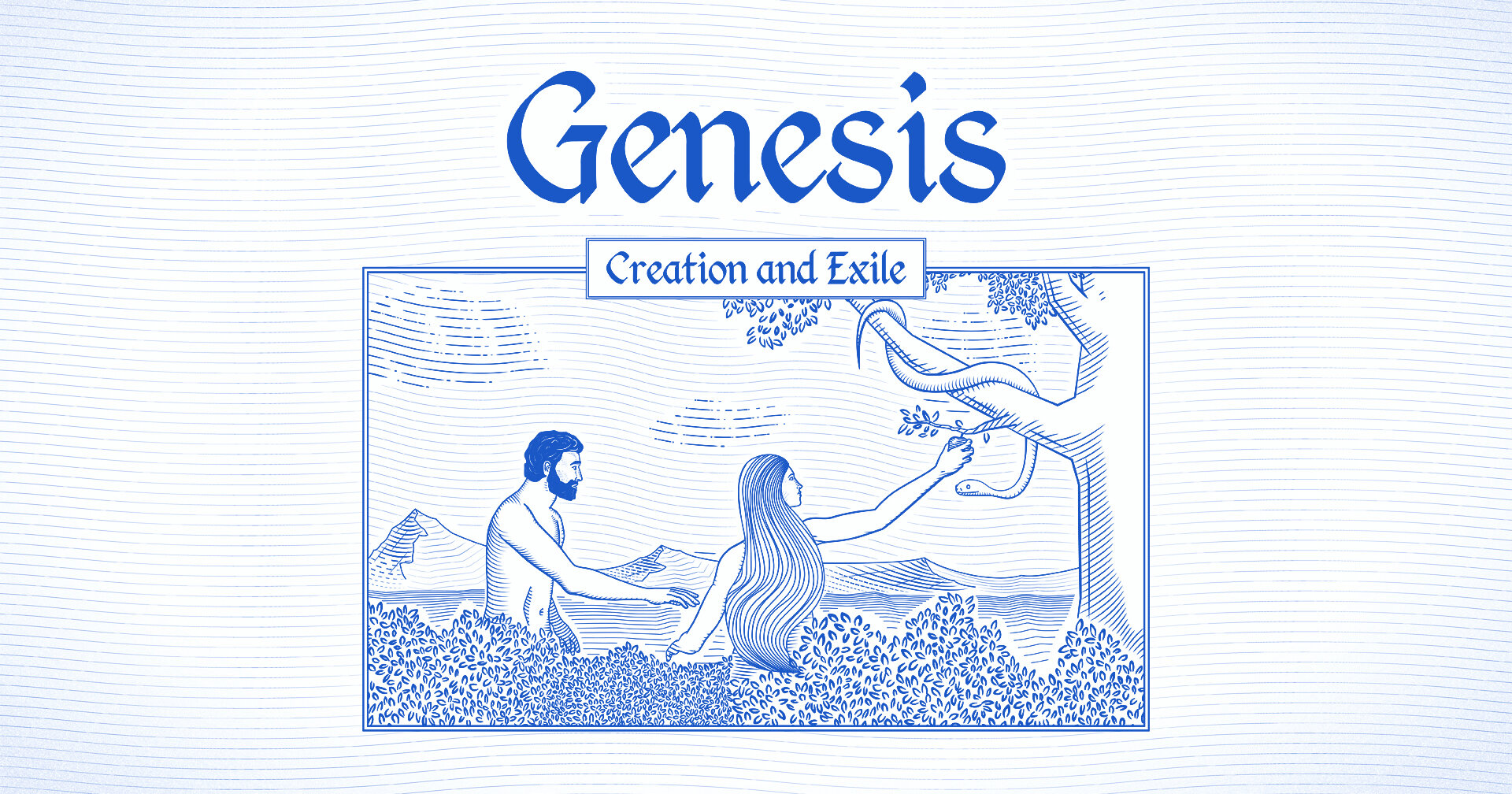TEXT: Genesis 2:18-25
SERMON VIDEOS — YOUTUBE | VIMEO
SERMON AUDIO — HERE
DOWNLOAD HOME LITURGY PDF
Thus far in Genesis, God has repeatedly proclaimed his creation as good. Yet this passage begins by showing us that something is incomplete- it is not good that man should be alone. Genesis 2:18-25 shows us God’s good, true, and beautiful design of man and woman as a reflection of his glory and, most importantly, a signpost for the love of Christ for his people.
REFLECTION QUESTIONS
HEAD: Questions aimed at our minds to help us understand God’s word.
What is God’s assessment of Man’s loneliness (v.18) and what does this tell us about the importance of relational connection for humankind?
Why is it significant that God has Adam name the animals? What does Adam realize throughout this process? (v.19-20)
What comes to mind when you hear the word “helper”? How does this differ from the biblical picture of “helper”? Consider passages like Ex. 18:4, Deut. 33:7, 1 Sam. 7:12, Ps. 20:2, 46:1
HEART: Questions aimed at our affections to help us love God
Read verses 18,19,21, and 22. What phrase is repeated and what does this teach us about who God is and what he does?
Consider Adam’s poetic response in verse 23. Where do we see the sameness of man and woman? Where do we see differences in man and woman in this passage? Why is this important?
As you consider God’s unique design in the creation of man and woman, how does this stir you to love and appreciate God, the creator?
HANDS: Questions aimed at our hands to help us live for God (Personally, Communally, and Missionally)
Read verses 24-25 then Ephesians 5:25-33. How is marriage a signpost to the gospel of Jesus Christ?
This passage lays a strong foundation for the necessity of community. In what ways are you pursuing community with your church family? In what ways can you grow in this area?
This passage hits a number of “hot button” issues in our culture (sex, gender, marriage, etc.). Yet it is clear that God is not a killjoy. He forms and fills for the purpose of our flourishing and the glory of his name. How does this help us, his followers, pursue these conversations with truth and love?

